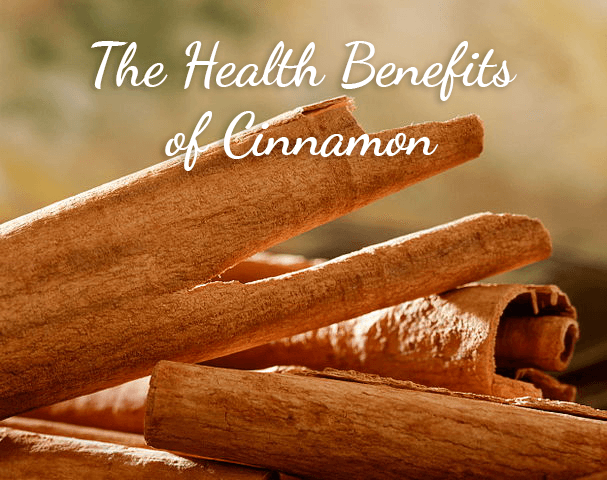This site contains affiliate links to products. We may receive a commission for purchases made through these links.
Botanical name
Cinnamomum verum
Description
This pungent, popular and powerful spice that we use today was once so highly prized that it was considered a gift for monarchs and it’s source was kept a secret. Today, only a few species are grown commercially. The two main cinnamon species that are sold today are cassia (cannamomum cassia), the most commonly available, and Ceylon cinnamon (cinnamomum verum), which translates as “true cinnamon”.
Quick Tip
How to Tell the Difference Between Cassia and Ceylon Cinnamon
Ceylon Cinnamon
Ceylon cinnamon is tan, brown. When in stick form, Ceylon cinnamon is thin and papery, forms multiple layers when rolled up, and is more fragile and easier to grind.
Cassia
Cassia cinnamon is reddish, dark brown. When in stick form, Cassia cinnamon has a rougher, thick bark, is harder to grind, and only forms a few layers when rolled up.
Vitamins and Minerals
- Vitamin A
- Vitamin C
- Traces amounts of vitamins B and K.
- Calcium
- Iron
- Magnesium
- Phosphorus
- Potassium
May be helpful for:
- Lowering blood sugar and improving sensitivity to insulin.
- Reducing cholesterol and triglycerides.
- Fighting bacterial and fungal infections.
Note: The Cassia variety of cinnamon contains significant amounts of coumarin, which may harm your liver or cause cancer in large doses. Ceylon cinnamon is much lower in coumarin.
Flavor Profile
Pungent, hot, spicy and a flavor in its own right.
Background and History
Cinnamon was so highly prized in ancient times that its source was highly guarded, and the source of cinnamon remained a mystery to the western world through the Middle Ages.
In the 1500s, Ferdinand Magellan found Cinnamomum mindanaense in the Philippines, which was closely related to the cinnamon found in Sri Lanka.
In 1638, Dutch traders established a trading post in Sri Lanka, took control of the manufactories by 1640, and expelled the remaining Portuguese by 1658. The Dutch East India Company continued to overhaul the methods of harvesting in the wild and eventually began to cultivate its own trees. The British took control of Ceylon from the Dutch in 1796.
Popular Uses
- Since cinnamon is a pungent spice, sugar is often included in dishes where it is used, therefore, it is mostly used as a flavor accent for desserts.
- Used to flavor coffee.
- A popular use of cinnamon is “cinnamon toast”, where sugar and cinnamon are mixed together and sprinkled on buttered toast.
- Cinnamon can be use as a natural food preservative.
References
- https://en.wikipedia.org/wiki/Cinnamon
- https://www.medicalnewstoday.com/articles/266069.php#nutrition

